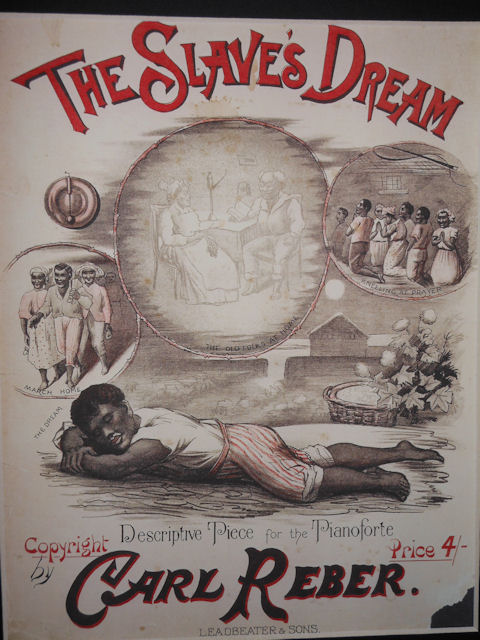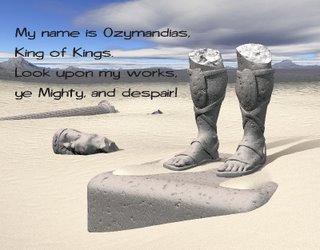About The Poet: Thomas Stearns Elliot born on 26th September, 1888 was an essayist, a critic, a playwright and one of the well-known poets of the twentieth century. Some of his famous poems are ‘The Waste Land’, ‘Love Song of J. Alfred Prufrock’, ‘Journey of the Magi’, ‘Naming of Cats’ etc. He won the Nobel Prize for Literature in 1948.
Summary of Macavity: The Mystery Cat
Thomas Stearns Elliot describes a mysterious cat of extremely villainous characterization in his poem, “Macavity: The Mystery Cat.” This cat is known by the name ‘Hidden Paw’ as he is the criminal mastermind who disregards law. He is an enigmatic figure to even the specialized detective agencies of the world like the Scotland Yard and the Flying Squad. These agencies had accepted their defeat by this clever cat and therefore he is considered as the ‘bafflement’ of the Scotland Yard.
‘For when they reach the scene of crime-Macavity’s not there.’ Macavity is too clever to be caught and he is nowhere near at the crime spot. The poet says that Macavity disobeys all human laws and also the law of gravity. His levitation is so powerful that it causes a fakir to stare bewildered. But when the crime spot is reached, Macavity is not there. The poet says that we may search him in the basement or we may look up in the air but Macavity is not there.
T.S Eliot describes Macavity as a ginger cat who is both tall and thin. He can be recognized from his eyes which are deeply sunken in. This cat has lines on his forehead steeped with thoughts; he has a head that is highly domed while his coat is untidy and his whiskers uncombed. Macavity moves like a snake and whenever he is mistaken to be asleep, he is wide awake.
The poet says there is no one like Macavity. He is a devil in disguise of a cat; he is a monster of wickedness. One may meet him in a by-street or in the square but when the crime is discovered, Macavity is not there.
Macavity’s footprint’s are never to be found in any file of the Scotland Yard’s. Here, the poet mentions some of his crimes. He says that Macavity is the one behind looting the larder, or the jewel-case. He is also behind the breaking of the greenhouse glass and the trellis. Also when the milk goes missing or Peke’s been smothered; it is Macavity to be blamed. The most surprising factor that connects them is that when the offence is discovered, Macavity is not there.
When the Foreign Office’s Treaty is not found or the Admiralty loses some plans and drawing, it is useless to investigate as they all know that the mastermind behind this act is undoubtedly Macavity’s. But Macavity’s a mile away from the scene of crime; he is either relaxing or licking his thumbs or has occupied himself in solving complicated long division sums.
The final stanza of the poem states that there has never been a cat of such deceitfulness and tactfulness. Macavity is always ready with an alibi or two and when the crimes are discovered Macavity is not there. T.S Eliot talks about other wicked cats namely Mungojerrie and Griddlebone who are nothing but agents of Macavity: The Napoleon of Crime.
For analysis and question answers, go to page 2!
Some online learning platforms provide certifications, while others are designed to simply grow your skills in your personal and professional life. Including Masterclass and Coursera, here are our recommendations for the best online learning platforms you can sign up for today.
The 7 Best Online Learning Platforms of 2022
- Best Overall: Coursera
- Best for Niche Topics: Udemy
- Best for Creative Fields: Skillshare
- Best for Celebrity Lessons: MasterClass
- Best for STEM: EdX
- Best for Career Building: Udacity
- Best for Data Learning: Pluralsight

















I wish I never meet such a cat in life.
I’d love to be Macavity’s partner…
Nice to see your comment
I love macavity
Where is Macavity I want to see
Good job macavity
Beautifully analysed.
I loved the way of analysis. I like this poem.
A best poem with lots of analysis
Oh my god I am playing Macavity in the play cats with my local theatre ( young people’s theatre) it’s so much fun and I thin k you did and excellent job of summing him up you Evan helped me get some great ideas about what I could do with him as a character!?????????
Beautiful poem……
Macavity you are really superb…